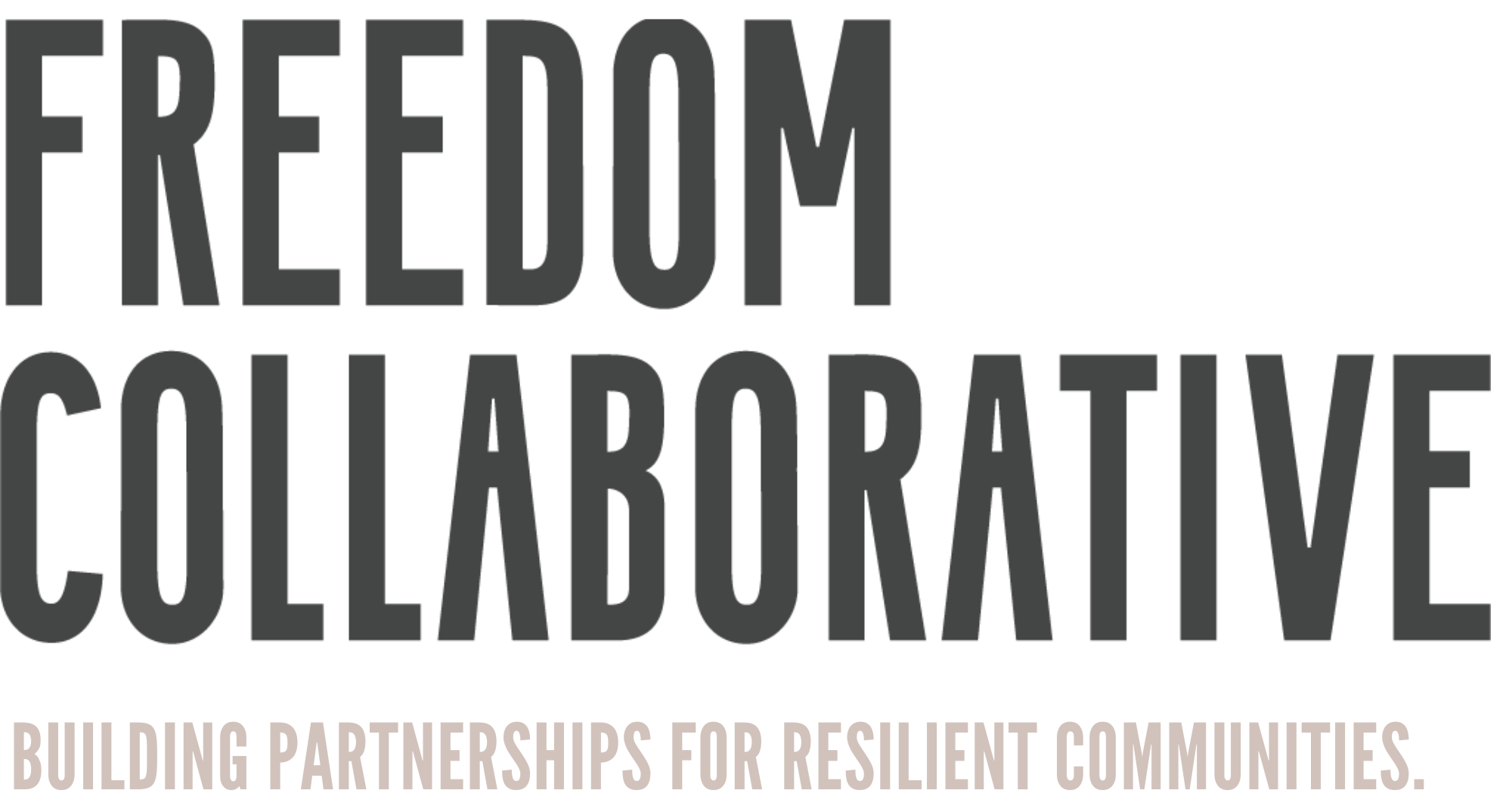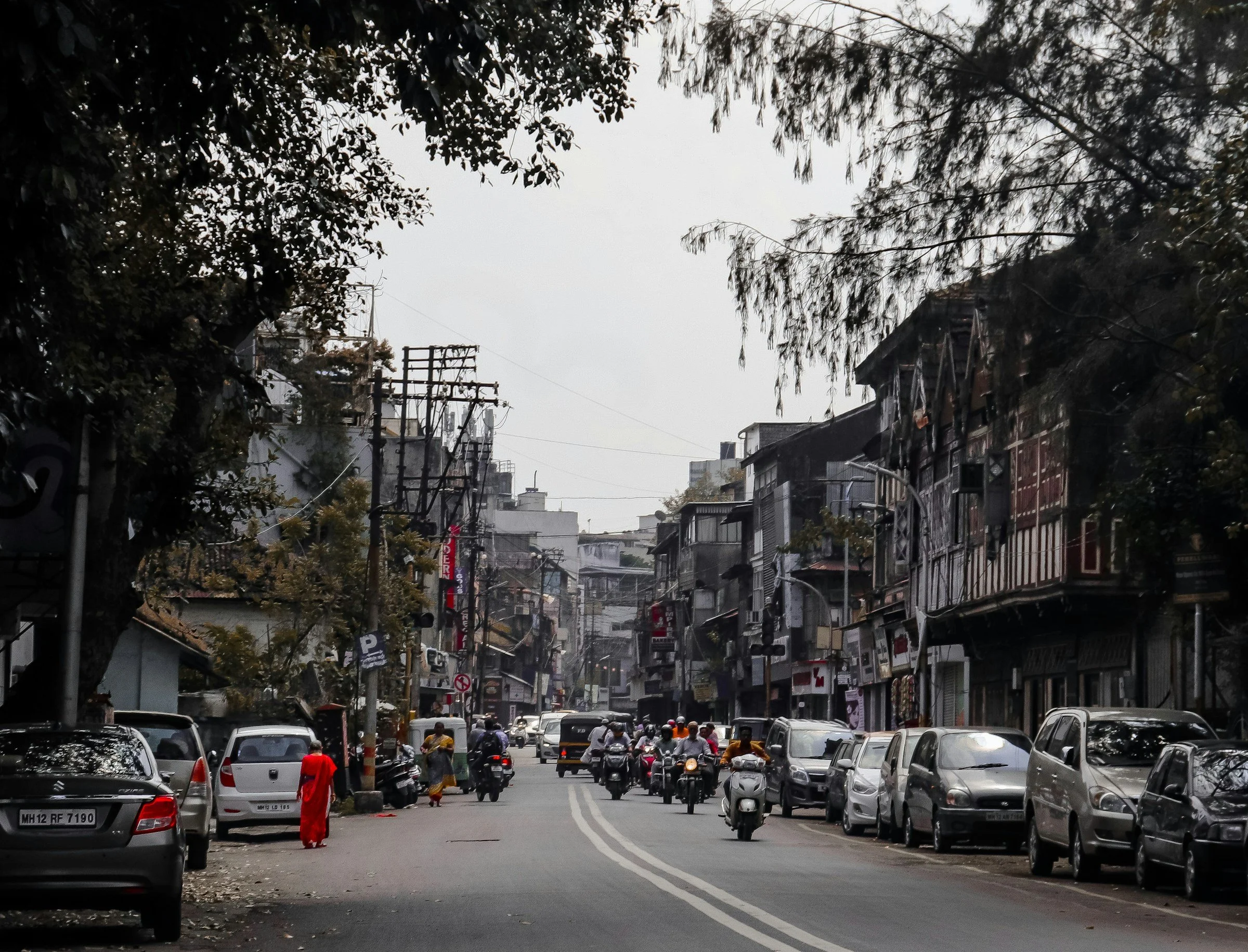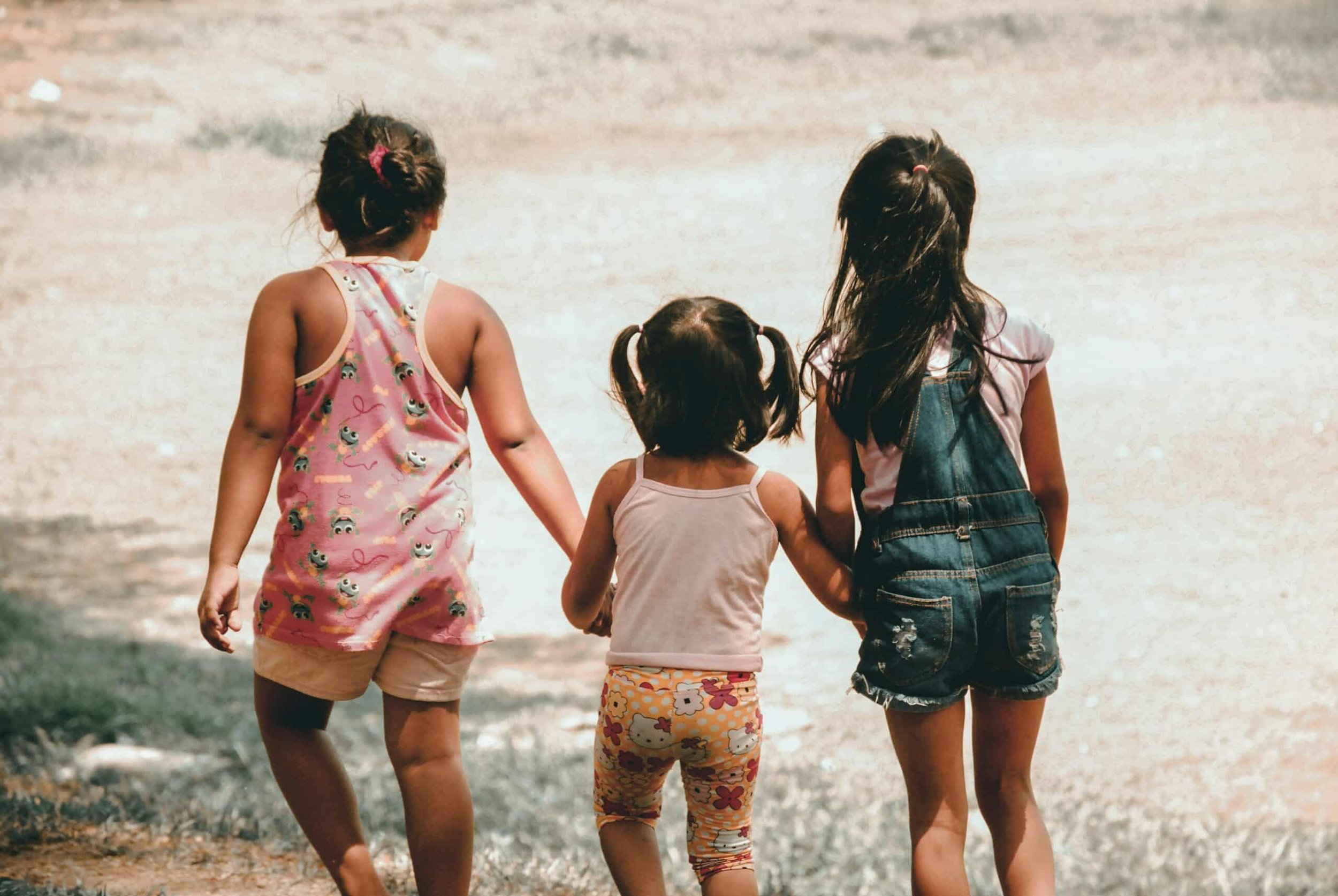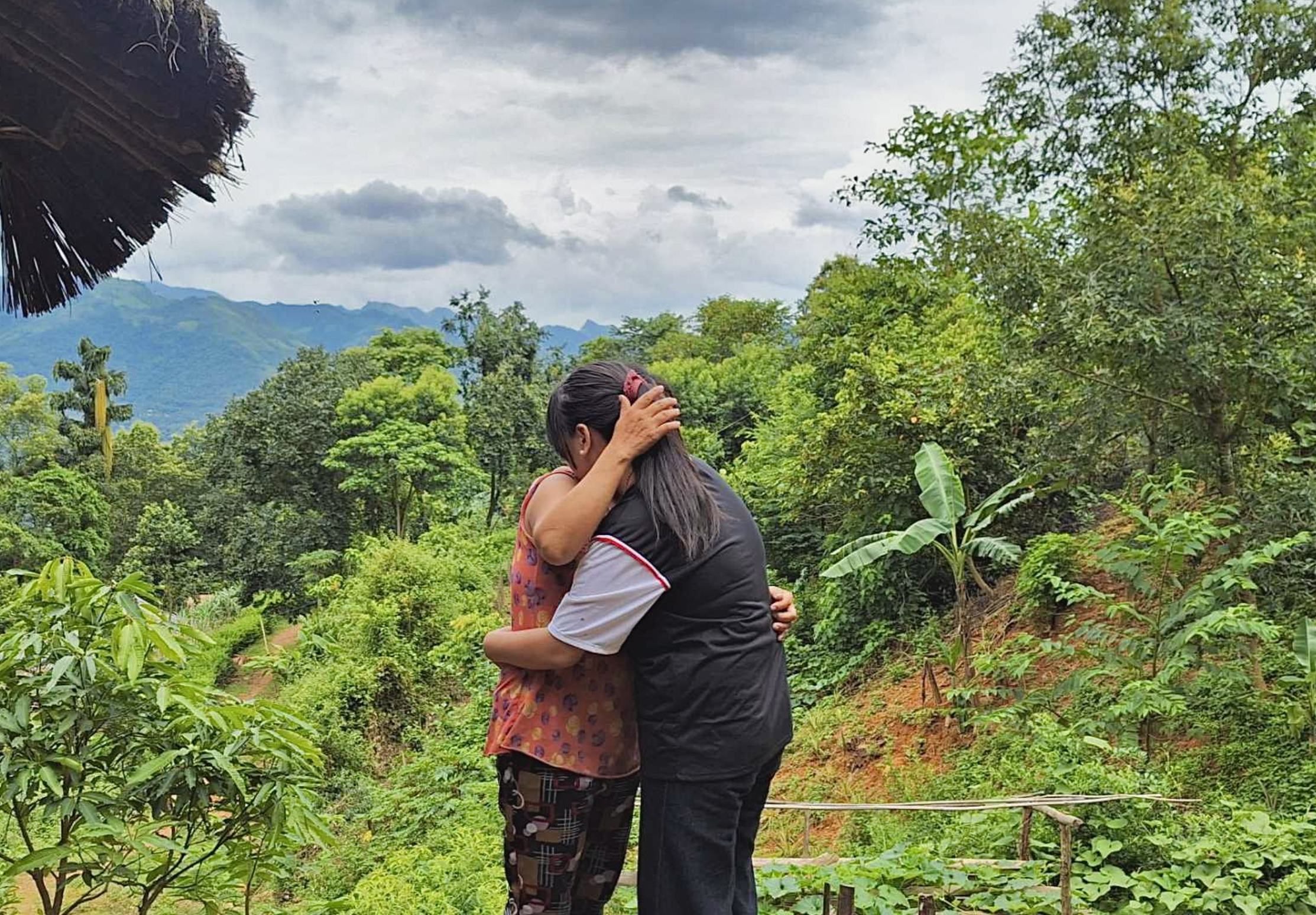Organizations across Europe mark EU Anti-Trafficking Day
Organizations across Europe mark EU Anti-Trafficking Day, A21’s Bulgaria hotline prevents trafficking at the outset by investigating bogus job offers, and Germany’s KOK network developed a data tool to evaluate counter-trafficking work in the region from a human rights perspective.
© Photo by PAG-ASA from their Photo Voice’ project.
Welcome to the October edition of Freedom Collaborative’s Europe newsletter. It’s been a busy month for the region – the EU Anti-Trafficking Day took place on 18 October and many programs and initiatives were launched to mark this annual event. We have selected a few to share with you in this regional update.
KOK, the German NGO network for anti-human-trafficking groups, recently published a report on its data tool, which aims to create a paradigm shift by documenting access to justice for trafficked persons, instead of focusing on the identity and profile of victims. La Strada International, a European counter-human-trafficking NGO platform and a member of PICUM (Platform For International Cooperation On Undocumented Migrants), called for enhanced pathways and rights for asylum seekers and migrants, including better protection of migrant workers to prevent human trafficking. And the RENATE network launched an online film event to celebrate and preview its upcoming film festival, which takes place next year.
We are also pleased to share information from A21 Bulgaria, regarding the Bulgarian National Human Trafficking Resource Line. The team works in close partnership with national and European institutions to ensure a fast response, and welcomes partnerships with organizations across destination countries in Europe.
Earlier this month, we were pleased to attend the European Freedom Network’s Annual Bridge conference in a virtual format.
Thank you very much for contributing these updates from the field. Please keep sharing your news with the community via our Facebook group or by email. We are always happy to highlight the work done by the diverse organizations in this field.
A21 Bulgaria provides 24-hour support via its national hotline
One answered call can save a life, and freedom changes everything! That concept is at the heart of the 24-hour toll-free and anonymous Bulgarian National Human Trafficking Resource hotline (+359 (0)800 20 100). The hotline is managed by A21 Bulgaria in partnership with the National Commission for Combating Trafficking In Human Beings.
The Bulgarian hotline team works in close partnership with national and European institutions to ensure a fast response and high levels of efficiency in managing every tip received. The hotline staff offer free training sessions on the identification of trafficking risk, and work with trafficking victims as well as government and local institutions, hospitals, schools, universities, non-profits, etc.
The National Commission’s statistics for the past three years show that, on average, 23.6% of trafficked people every year are victims of labour exploitation. For lack of knowledge or financial vulnerability, many people become victims of trafficking by applying for job offers that turn out to be fake, the majority of which are located abroad. A21 statistics, based on global data and the testimonies of A21 survivors, show that these fake offers are the most common means for luring victims of trafficking (44.51%).
For five years now the Bulgarian hotline team has offered a job-vetting service, which enables anyone looking for a job in Bulgaria or abroad to assess the risk of accepting an offer following an inspection carried out by the team. This service is free and includes an analysis of the legality of the working conditions, the companies involved and the related data provided by the client. Thus, job vetting has become a successful tool for the prevention of possible labour trafficking and a means for resolving labour trafficking cases.
In mid-March 2020, Bulgaria entered a state of emergency due to the COVID-19 pandemic, during which many people were forced to stay at home and subsequently lost their jobs. After a few months, when the authorities lifted the ban on travel, people were flooded with job offers for work abroad. During the same period, at the beginning of May 2020, A21 Bulgaria launched the Summer Jobs Campaign (summerjobs.bg), as part of its prevention efforts relating to the annual flow of students who leave to work abroad for the summer. The aim of the campaign is to raise awareness of the risks connected with the choice of summer job and intermediary agency. An online questionnaire has been developed, which gives participants the opportunity to make safety checks when applying for a job. The participants also receive a list of useful tips, information about A21 and the Bulgarian hotline, and a list of A21-approved work agencies.
KOK publishes report into data collection on trafficking in human beings and exploitation in Germany
Since 2012, KOK, Germany’s NGO network for anti-trafficking groups, has been working intensively on the collection and protection of data relating to victims of trafficking in persons. The network recognizes that a collection of empirical data on trafficking in human beings, and its related exploitation, is essential in determining the extent of this human rights violation. It is also critical for deriving policies and measures for the protection of those affected and for the ongoing fight against this crime. At the same time, data collection involves a variety of challenges. Trafficking in human beings and exploitation often take place in secret and are so-called control offences, therefore the number of cases recorded depends on checks carried out by the police or other authorities – otherwise, they often go unnoticed.
However, a low number of recorded cases means that the problem is seen as relatively uncommon, and controls, as well as resources for the protection of those affected, are subsequently reduced even further. In addition to well known sectors such as sex work, agriculture or construction, the care sector and domestic work are also vulnerable to exploitation. These are areas that are often hidden and are therefore not easy to discover or manage. Furthermore, data collection in the field of trafficking in human beings is affected by the sensitivity of its content and by high standards of data protection and confidentiality.
Against a background of international recommendations and concern to document the work of civil society in the human trafficking sphere, as well as with the aim of strengthening the protection of victims’ rights, KOK has developed a data tool in collaboration with its member organizations, which should enable an evaluation of the measures against trafficking in human beings, and the protection of those affected from a human rights perspective. In its new report it presents the challenges and the civil society perspectives that go with them.
More news from across Europe:
A new report on the cost of trafficking in human beings, led by the Violence and Society Centre, City, University of London, was recently published by the European Commission. Among its findings are that trafficking of human beings in the EU disproportionately affects women and only three per cent of total funds are spent on specialized support services for victims. The study also found that the total cost associated with the trafficking of women was almost three times greater than that for men.
PAG-ASA was established 25 years ago and has since provided holistic and tailor-made support for victims of human trafficking in Belgium. To mark this year’s EU anti-trafficking day, the NGO launched a virtual photographic exhibition which presents the voices of 24 survivors of human trafficking who have been previously supported by the organization. The exhibition is online until 15 November.
La Strada International has raised concerns about the new EU Pact on Migration and Asylum, and how it increases risks of human trafficking and harm to trafficked persons. The signatories call upon the European Parliament, European Council and member states to revise the proposals and to incorporate specific protective measures for migrants and trafficked persons into the pact as well as all EU policies.
The RENATE Network (Religious in Europe Networking Against Trafficking and Exploitation) hosted an online event, Focus on Human Trafficking Through Film, to celebrate the European Day Against Human Trafficking. The event was also a preview of the upcoming RENATE Film Festival, which will take place next year.
The UK Home Office has published its latest annual report on modern slavery. The report highlights an increase in law enforcement investigations into modern slavery – from 294 to 349 – and a small increase in convictions, from 65% to 71.9%, and prosecutions. It also discusses the ongoing response to the pandemic and the NRM (National Referral Mechanism) Transformation Programme.
Also in Britain, a group of more than 50 U.K. NGOs, law firms and academics have called on the government to better protect victims of trafficking and modern slavery from the traumatizing effects of immigration detention. The lead signatory to the letter says the government has not been clear about how many victims have been detained.
Share your news
Post your experiences from the field and initiatives to feature





